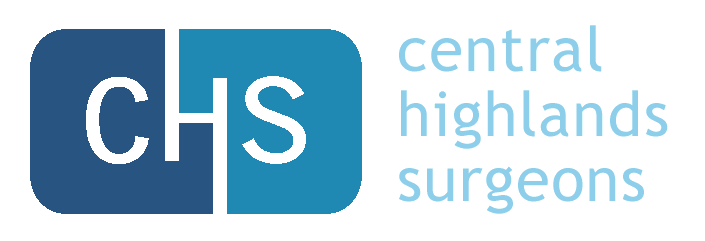Weight Loss Surgery
Who is a candidate?
Weight loss surgery is generally reserved for those people who have suffered or are likely to suffer in the future from health related issues secondary to their excess weight. Various measures are used to quantify the degree of excess weight in individuals.
These may include but are not restricted to skin fold measures, abdominal girth measures and body mass index (BMI). Each has their strengths and weaknesses and needs to be judged in the context of the individual’s muscle mass and excess weight distribution. Because of its simplicity and reproducibility BMI is one of the most popular tools used in this regard (see our BMI calculator to the right of the page to find out your BMI).
Generally speaking weight loss surgery is reserved for those individuals who have a BMI over 35, although in certain sub-populations such as the Asiatic races a lower threshold BMI of over 30 can be considered appropriate.
Which surgery is best for me?
This decision is often not easy and needs to be given some consideration over time and after some research. Each operation has its strong points as well as its weaknesses. The choice generally lies between sleeve gastrectomy and gastric bypass.
We can provide you with some printed information regarding these procedures which will highlight some of these issues. At your consultation we will also discuss factors such as your lifestyle, age and medical issues, eating habits and previous dietary successes/ failures to help decide which is most likely to be the best suited to your individual circumstances.
Do I need Private Health Insurance to proceed with Weight Loss Surgery?
Whilst we would strongly recommend that you have Private Health Insurance before undertaking your weight loss procedure this is not essential. The cost estimates with and without insurance can be provided to you to help in this decision.
Please bear in mind though that without Private Health Insurance we would recommend restricting your surgery type to primary sleeve gastrectomy.
As there is limited public hospital access locally to deal with these issues and to be able to continue to provide you the best of care should there be any issues we would recommend that you take out Private Health Insurance even if you choose to pay for your surgery outright. These issues can be discussed in greater detail according to your circumstances at the time of your appointment.
Who do I need to see prior to surgery?
After your initial consultation with Mr. Eaton if there is a desire to proceed further towards surgery then it will be recommended that you be seen by a Specialist Physician Dr. Tony Kemp who has a special interest in endocrine disorders and obesity medicine as well as our dietitian Whitney Atkinson. Each of these healthcare professionals has been chosen because of their demonstrated and ongoing interest in problems and solutions relating to obesity.
The type of surgery being considered does not need to be finalised at this stage although most candidates have a good idea of which direction they are leaning towards.
These appointments can be arranged by our staff at the conclusion of your appointment with Mr. Eaton. A further appointment (or two) will also be arranged with Mr. Eaton to finalise discussions regarding surgery to ensure that you are aware of any potential complications which may occur as well as have a reasonable expectation of how you will feel in the early and later recovery periods.
Weight loss prior to surgery?
This is considered to ideally be between 5-15 kg depending on your starting weight and other factors to help improve the safety and efficiency of your surgery. Your dietitian will guide you along this pathway. For most people this will involve the use of a controlled Very Low Calorie Diet (VLCD). Optifast is the most commonly recommended aid in this area. This helps to firm the texture of a fatty liver which improves surgical access and safety.
Costs?
At the time of your initial appointment or prior if you wish we will discuss your surgery-related costs. You will need to have your Medicare and Health Insurance (if applicable) details available so we can give you an accurate estimate of costs. This will not include any hospital associated costs or costs form other health professionals although they do include the surgical assistant’s fee. We can provide contact details for the anaesthetist, hospital etc. if you require them.
Superannuation can generally be accessed for payment of up-front costs or out of pocket expenses. Our staff can help to arrange this.


